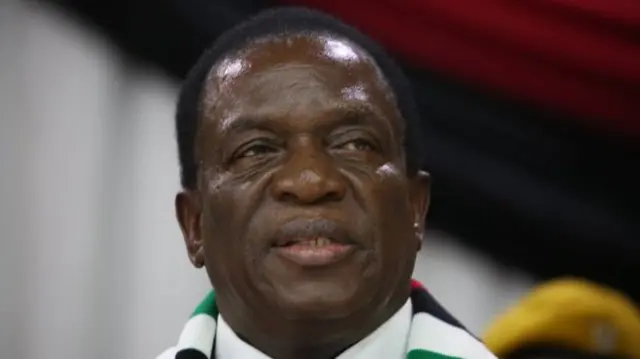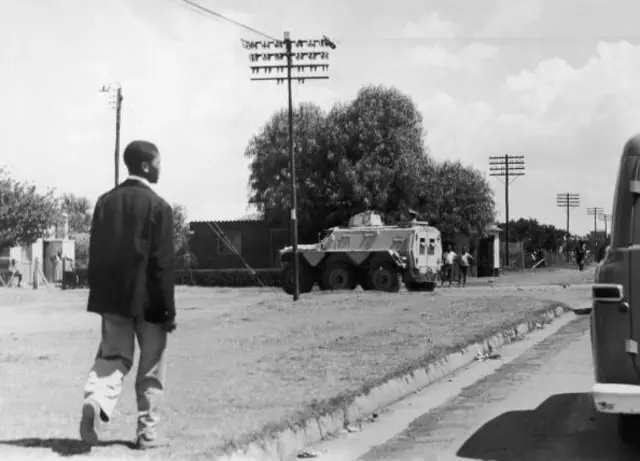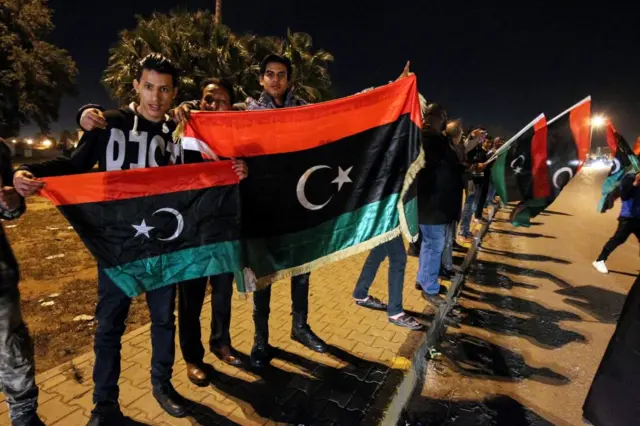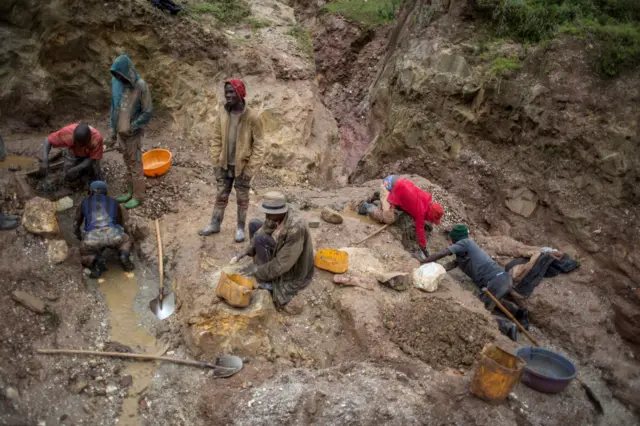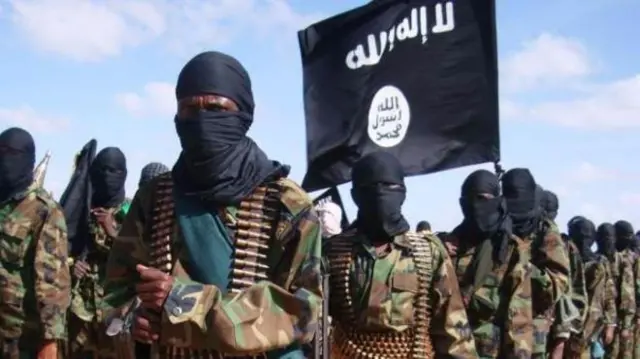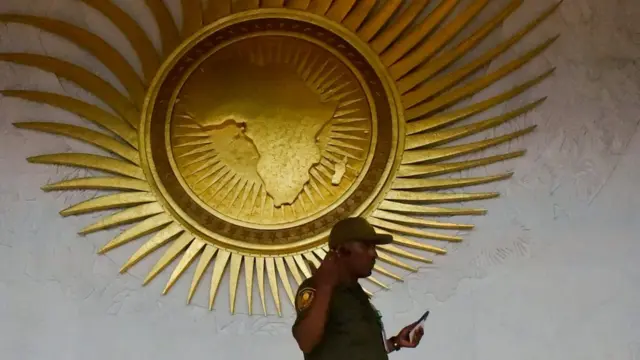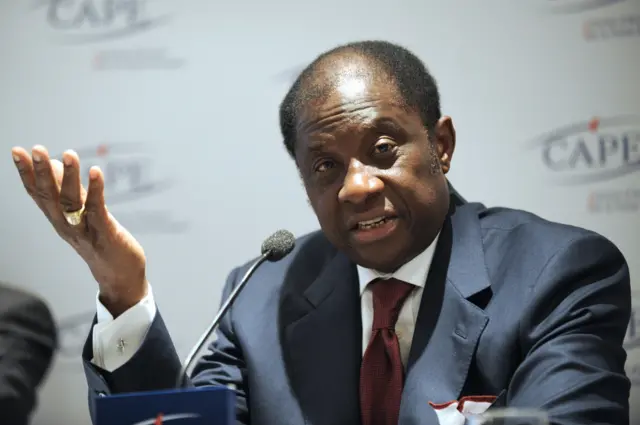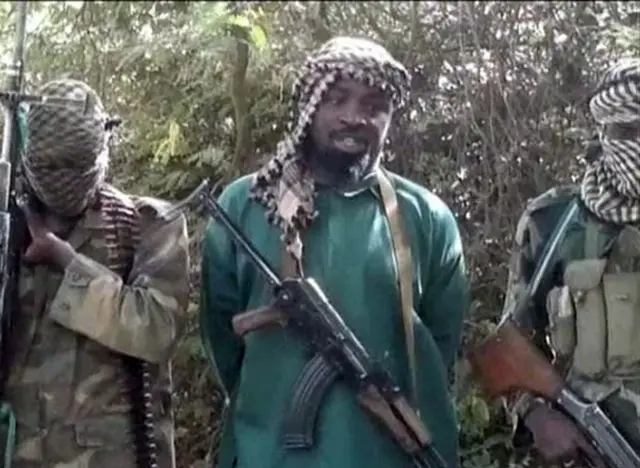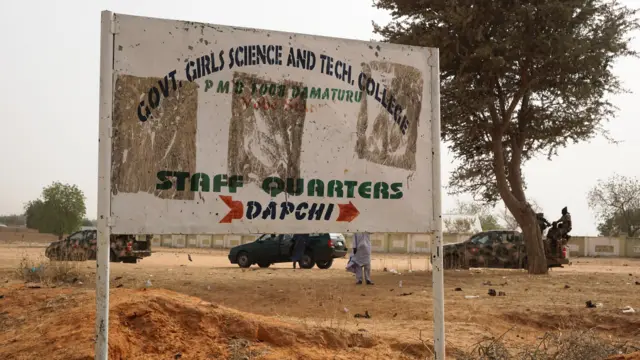Father of Dapchi schoolgirl says she won't return to classpublished at 16:23 GMT 21 March 2018
 Akwasi Sarpong
Akwasi Sarpong
BBC Africa
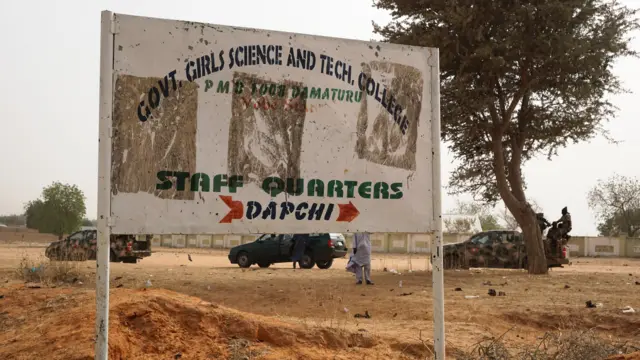 Image source, Getty Images
Image source, Getty ImagesThe kidnappers said that if the returned girls go back to school, they will be kidnapped again
The father of one of the kidnapped Dapchi schoolgirls has told Focus on Africa that the kidnappers said they released the girls because they were Muslim.
Adamu Gashwama added that the abductors told him that his daughter could be taken again if she returns to the school.
He says without an improvement in the security situation in Dapchi, he has no plans to re-enrol his daughter in education.
Mr Gashwama, a father of four girls, says the kidnapping forced him to withdraw his other three other daughters from school.
Suspected Boko Haram militants kidnapped the 110 schoolgirls more than a month ago. So far, 101 of the girls have been accounted for with reports that five died during the abduction.
